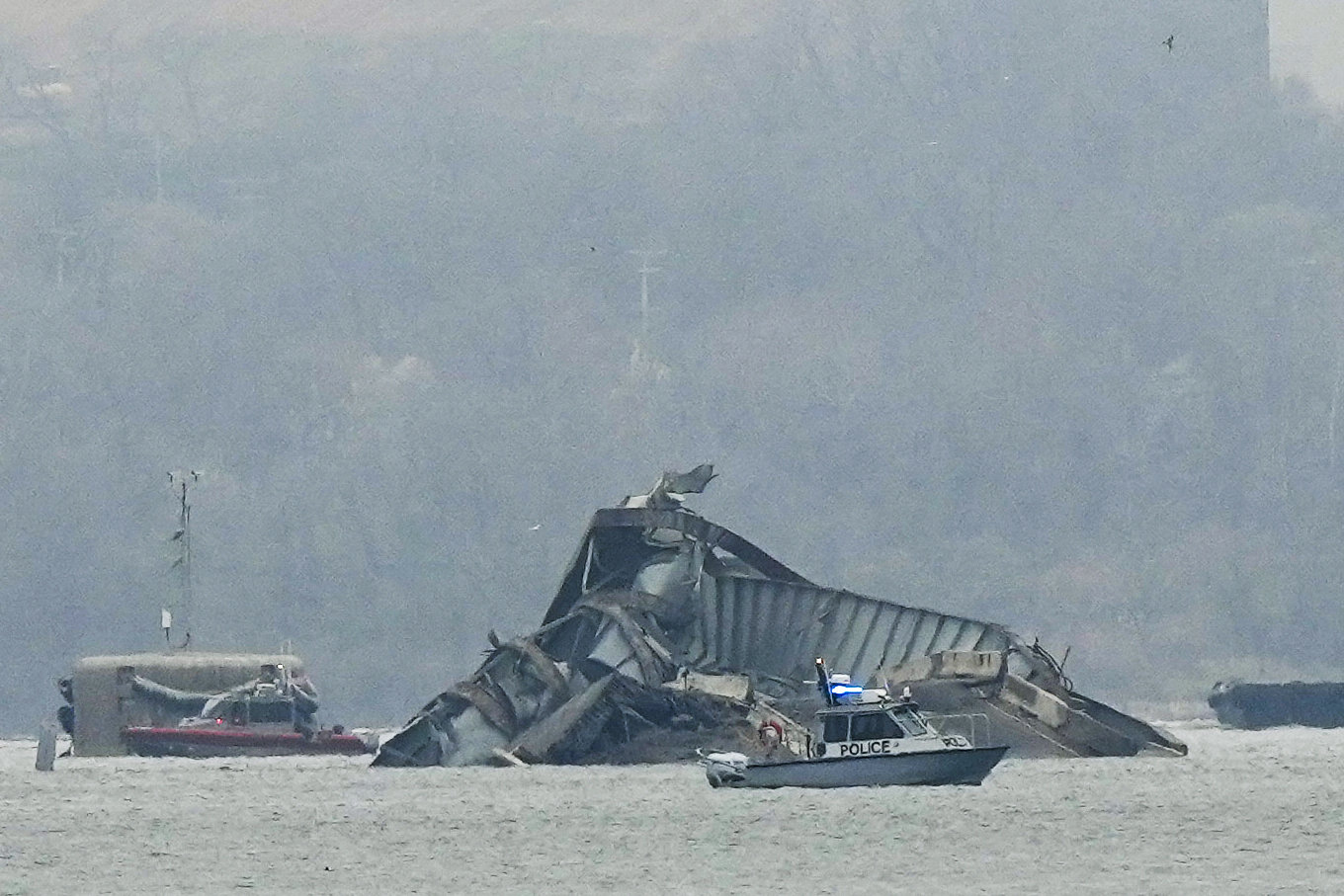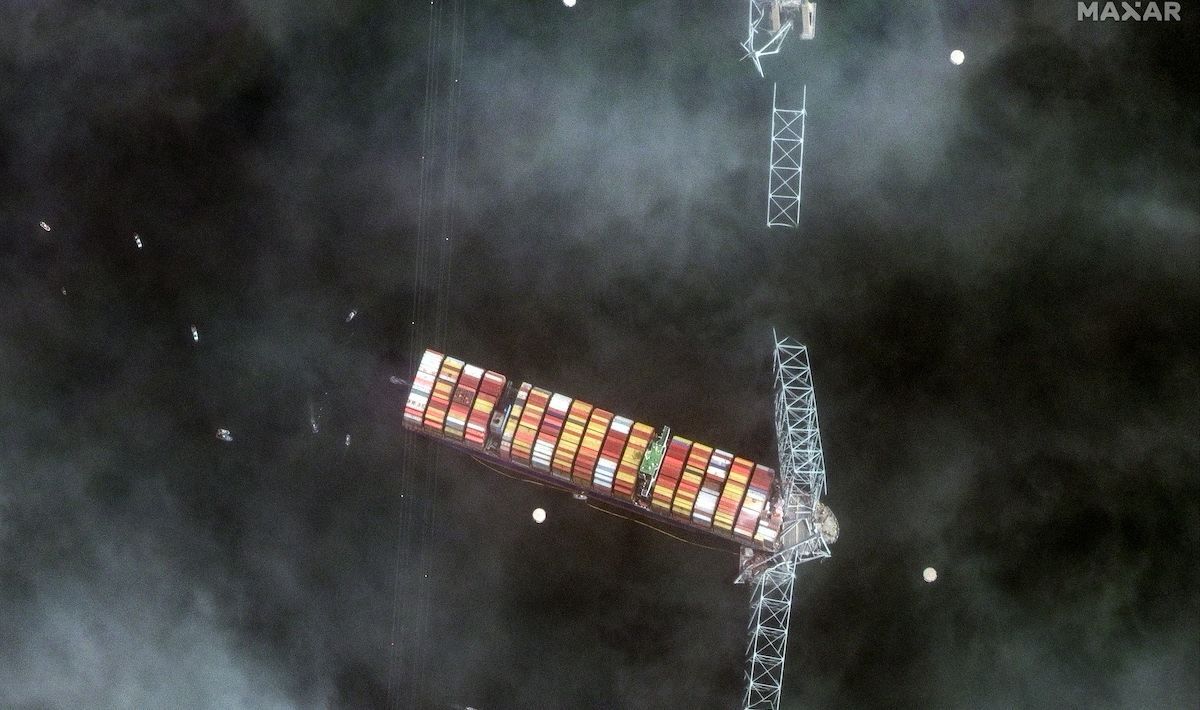The economic impact of Tuesday's deadly bridge collapse in Baltimore could be widespread and far-reaching.
Six people died after a container ship hit the Francis Scott Key bridge, sending it crumbling into the Patapsco River. The bodies of two victims were recovered Wednesday.
The tragedy could have major consequences for the supply chain.
At Subaru of New England's parts distribution center in Norwood, Massachusetts, the hum of activity is a good thing. The worry though, is how long the facility will have enough inventory.
Get Boston local news, weather forecasts, lifestyle and entertainment stories to your inbox. Sign up for NBC Boston’s newsletters.
"If this goes on for weeks or even months, there is going to be a major parts problem," Ernie Boch Jr. said Wednesday. "I've never seen anything like it, and the backup, and the problems, I think, are just beginning."
According to Boch, Subaru of New England gets 50% of its cars and car parts from Japan. They arrive by ship, passing through Baltimore. In fact, hours before the container ship hit the bridge, a ship containing cars bound for Subaru of New England passed through.
The Port of Baltimore has now shut down indefinitely, forcing those who rely on it for inventory to scramble.
"We think there could be some longer-term disruption to the industry, because that is a major port that was affected," said Jeffrey Ruble, chief operating officer of Subaru of New England.
More on the collapse of the Francis Scott Key Bridge
MIT's Center for Transportation and Logistics was busy Wednesday. FEMA works with the center on studies about logistics and reached out for help looking at what is going on in Baltimore.
"It is usually invoked during hurricanes, and other natural disasters, but it has just been invoked, they asked us to go and collect data and give them an estimate of the logistics impact," said MIT professor Yossi Sheffi. "It is a major problem for the region, it's an economic problem."
Experts in the field of logistics say lessons learned during the 2021 Suez Canal backup and during the pandemic, have created a more resilient network.
"We did learn our lessons, I think, and I think we are more resilient — at least that's what we are trying to do over the last couple of years," said Boston University Professor Canan Gunes Corlu. "There is a lot of emphasis on the supply chain resiliency."
"The question is how fast will they be able to do it," she said. "These ports will be definitely busy, and it will be a challenge for people working in these ports to figure out the traffic coming in the new traffic."
Subaru of New England is hoping a solution is found soon. The spring and summer are traditionally the busiest times for people buying cars.
"We just finally got back to full strength coming off of COVID," Ruble said. "One tragic event can have a profound effect."




